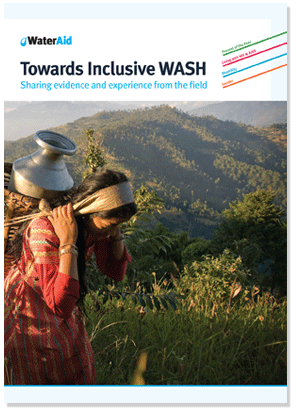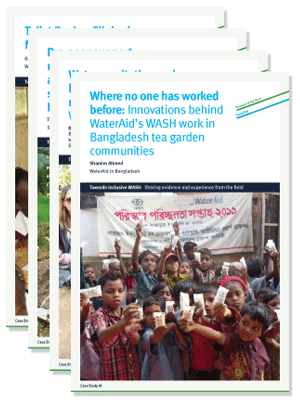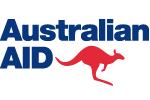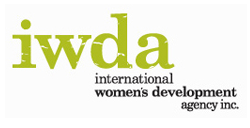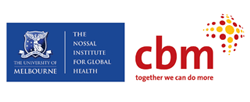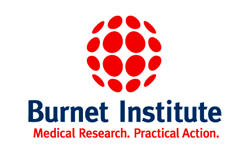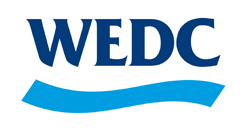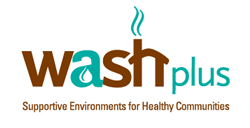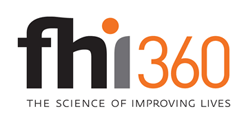Building skills towards inclusive water, sanitation and hygiene
Disability inclusion matters: water and sanitation
Tuesday, June 7, 2016
People with disability in developing countries experience additional and exacerbated barriers in accessing water, sanitation and hygiene. This puts them at increased risk of related health impacts, as well as experiences of stigmatisation, marginalisation and lower self-esteem. These are among the many reasons why the mainstreaming of disability in development, and disability inclusion, is essential to achieving universal access to water, sanitation and hygiene.
In acknowledgement of International Day of Persons with Disability on 3 December 2015, Bond published an interesting article celebrating best practice examples of disability inclusion for organisations that do not necessarily specialise in disability. Find the article here.
